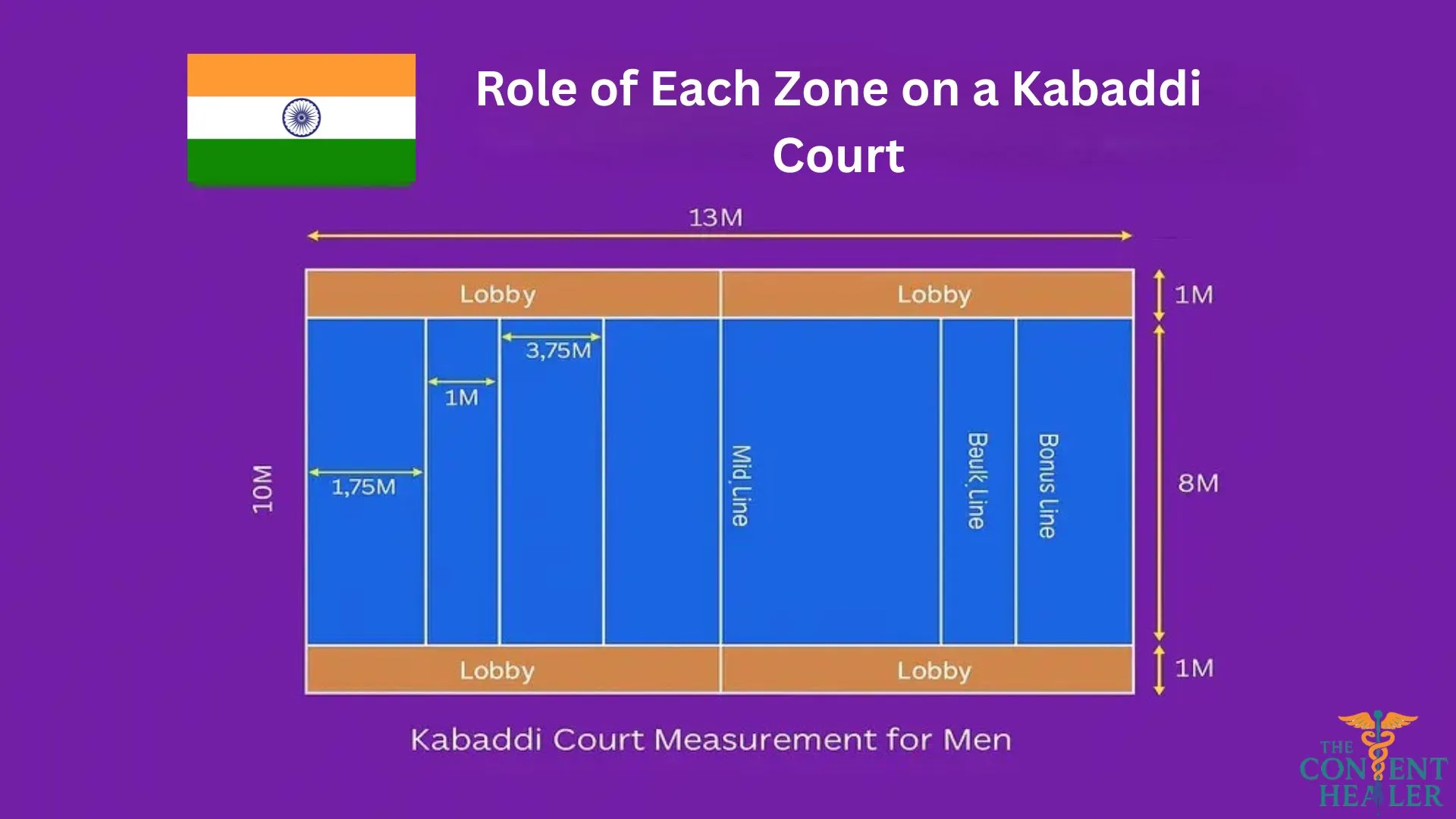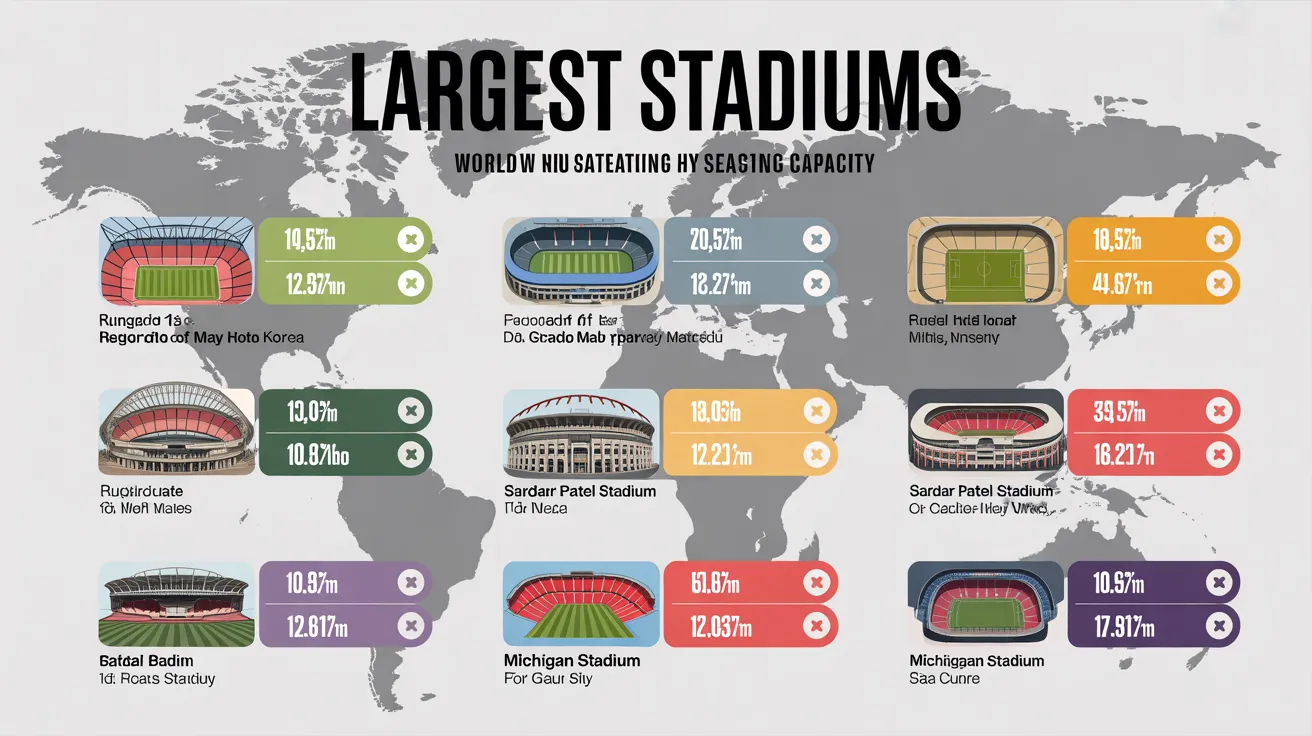In a world where conflicts, atrocities, and crimes against humanity continue to threaten peace and justice, the role of the International Criminal Court (ICC) has become more important than ever. Established in 2002, the ICC stands as a permanent tribunal that prosecutes individuals for genocide, war crimes, crimes against humanity, and aggression. Yet, debates around its authority and relevance still persist. So, why does the world truly need an International Criminal Court? Let’s explore.
What is the International Criminal Court?
The International Criminal Court is an independent global judicial body based in The Hague, Netherlands. Unlike temporary tribunals established for specific conflicts, the ICC offers a permanent, impartial mechanism for prosecuting the world’s most serious crimes. Its jurisdiction ensures that no individual—no matter how powerful—is above the law.
Why the World Needs an International Criminal Court
1. To Prevent Atrocities
The presence of the ICC acts as a deterrent against war crimes and crimes against humanity. Leaders and military officials know they can be held accountable, which discourages large-scale human rights abuses.
2. To End Impunity
For decades, dictators and warlords escaped justice by exploiting weak judicial systems. The ICC ensures that perpetrators of genocide and crimes against humanity cannot hide behind power, politics, or borders.
3. To Deliver Justice to Victims
The ICC gives victims a voice on the global stage. It provides reparations and recognition for survivors, ensuring that justice is not just symbolic but meaningful for those affected by crimes.
4. To Strengthen International Law
The existence of the ICC reinforces international humanitarian law and human rights law. By setting legal precedents, it ensures that accountability becomes a cornerstone of the global system.
5. To Promote Peace and Stability
Justice and peace are deeply connected. By holding criminals accountable, the ICC prevents cycles of violence and contributes to lasting stability in conflict zones.
Challenges Faced by the ICC
While the ICC is vital, it faces criticism and challenges:
- Lack of universal membership – Major powers like the US, Russia, and China are not parties to the Rome Statute.
- Political pressure – Some governments resist cooperation when cases involve their leaders.
- Limited resources – The ICC’s ability to investigate and prosecute depends on global funding and support.
Despite these hurdles, the ICC remains a crucial pillar of global justice.
The Future of the International Criminal Court
For the ICC to be more effective, the world must:
- Encourage universal membership in the Rome Statute.
- Strengthen cooperation between states and international organizations.
- Ensure fair, transparent, and timely trials to build global trust.
The ICC is not perfect, but it is a powerful step toward a just world order where crimes against humanity are never tolerated.
Conclusion
The question of why the world needs an International Criminal Court can be answered in one phrase: to protect humanity. By ensuring accountability, preventing atrocities, and strengthening international justice, the ICC plays a role that no single nation can fulfill. As we look ahead, global cooperation is essential to empower the ICC and make justice universal.
FAQs
Q1. What crimes does the International Criminal Court prosecute?
The ICC prosecutes genocide, war crimes, crimes against humanity, and aggression.
Q2. Why don’t all countries support the ICC?
Some countries fear political misuse, loss of sovereignty, or prefer to handle crimes domestically.
Q3. How does the ICC help victims?
The ICC provides justice, reparations, and recognition for victims of international crimes.
Q4. Is the ICC effective?
While limited in resources and cooperation, the ICC has set important legal precedents and continues to strengthen global accountability.





